The search for new career opportunities is increasingly competitive. Each year, the United States graduates over 1.7 million young people into the workforce (according to NACE). The Bureau of Labor Statistics says there are 24 million people, of all ages, unemployed. Older workers are staying in the workforce longer because their bank accounts are no longer sufficient to carry them through retirement. Corporate entities have been commoditizing blue-collar jobs by building robots that can do the work 24/7 and are now more able to do the same to white-collar positions. According to a 2013 Gallup survey, only 30% of Americans are actively engaged in their jobs (meaning 70% dislike their work and would like to do something new).
You have probably recognized the competitive landscape and know that securing a new career takes time. And, the process shouldn’t be taken lightly especially if you want to do a job each day that excites you and provides autonomy in decision-making, mastery of specialized skills, and a connection of your purpose to the organization’s purpose. It is wildly important that all of your actions (full-time job, entrepreneurial venture, volunteer efforts, relationship building) be in line with your personal intent and that the “compound interest” of all working in concert escalate your self discovery and success.
John Dewey once said, “We do not learn from experience… we learn from reflecting on experience.” And, James Zull once said, “It is hard to make meaning of experience unless it engages our emotions.” So, the exercise of identifying the right next career opportunity is going to rely on your ability to reflect on previous experiences to clarify the traits of your next employer, boss, and job.
Here is a process for getting the most out of reflection:
1. Ask a confidant or coach to help you identify patterns from previous action… where were you being told “yes”… where were you being told “no”?
EXAMPLE – I have a client who is unhappy with her current boss/leadership team. In addition to having bad feelings about the future of her firm, she also read my last blog about choosing your boss before your job, and then recently had a conversation about the power of inexperienced bosses at a networking event. The “no” was coming from very different places, but she is being told that it is time to start leveraging her skills in new ways.
2. Proactively create experiences in the “yes” column by taking a learning mindset and anticipating that you’ll make mistakes and fail. Fail fast and learn quickly.
EXAMPLE – After identifying your personal intention, attend networking events specific to what you want to do next, join professional associations to meet other subject matter experts, volunteer to lead projects in the department you wish to work in, and be okay with not being great in your actions initially. The experience and contacts you make trump bad feelings from in-the-moment mistakes.
3. Take action to create meaningful experiences (tied to your personal intent) that allow you to get into a “Flow” state. See Mihaly Csikszentmihalyi.
EXAMPLE – Let’s assume you are unsure whether you want to work as a professor or in a corporate organizational effectiveness function. The best way to clarify which path will be better for you is by scheduling time to talk to people who currently hold those positions and then asking for opportunities to guest lecture or to volunteer your expertise on a corporate change initiative. Having multiple hours of action will help you to determine in which situation you lost track of time, were fully engaged, and the outside world turned off.
4. Set aside time each day to reflect on experiences.
EXAMPLE – Consider utilizing the Gibbs’ Reflective Cycle where you ask yourself the following:
Description – What happened?
Feelings – What were you feeling?
Evaluation – What was good and bad about the experience?
Analysis – What sense can you make of the situation?
Conclusion – What else could you have done?
Action Plan – If it arose again, what would you do?
In summary, the competition for jobs is increasing, the majority of the labor force dislikes their work, and humans learn quickly from reflection and being engaged emotionally. Through pattern recognition, anticipating mistakes and taking a learning mindset, creating meaningful experiences where you find flow, and using a simple daily process for reflection will help as you leverage the compound interest of all your efforts working in concert to escalate your success in landing the career of your dreams.
So… what are you waiting for?
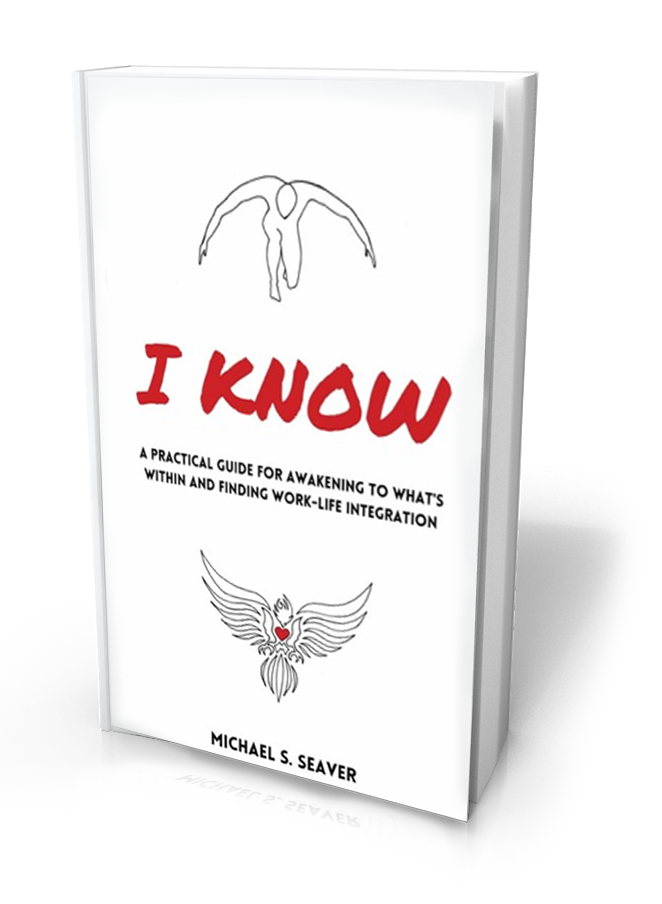

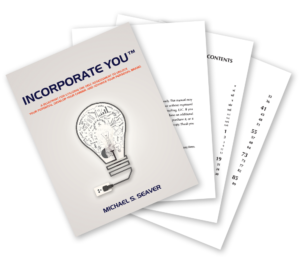
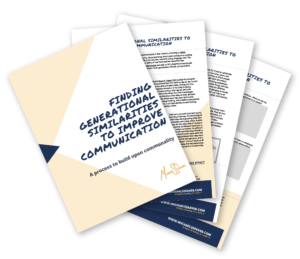
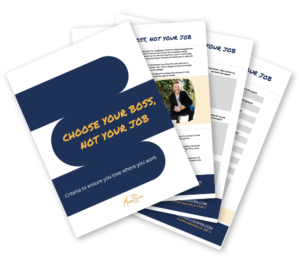
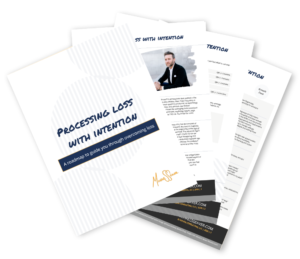
Connect with me